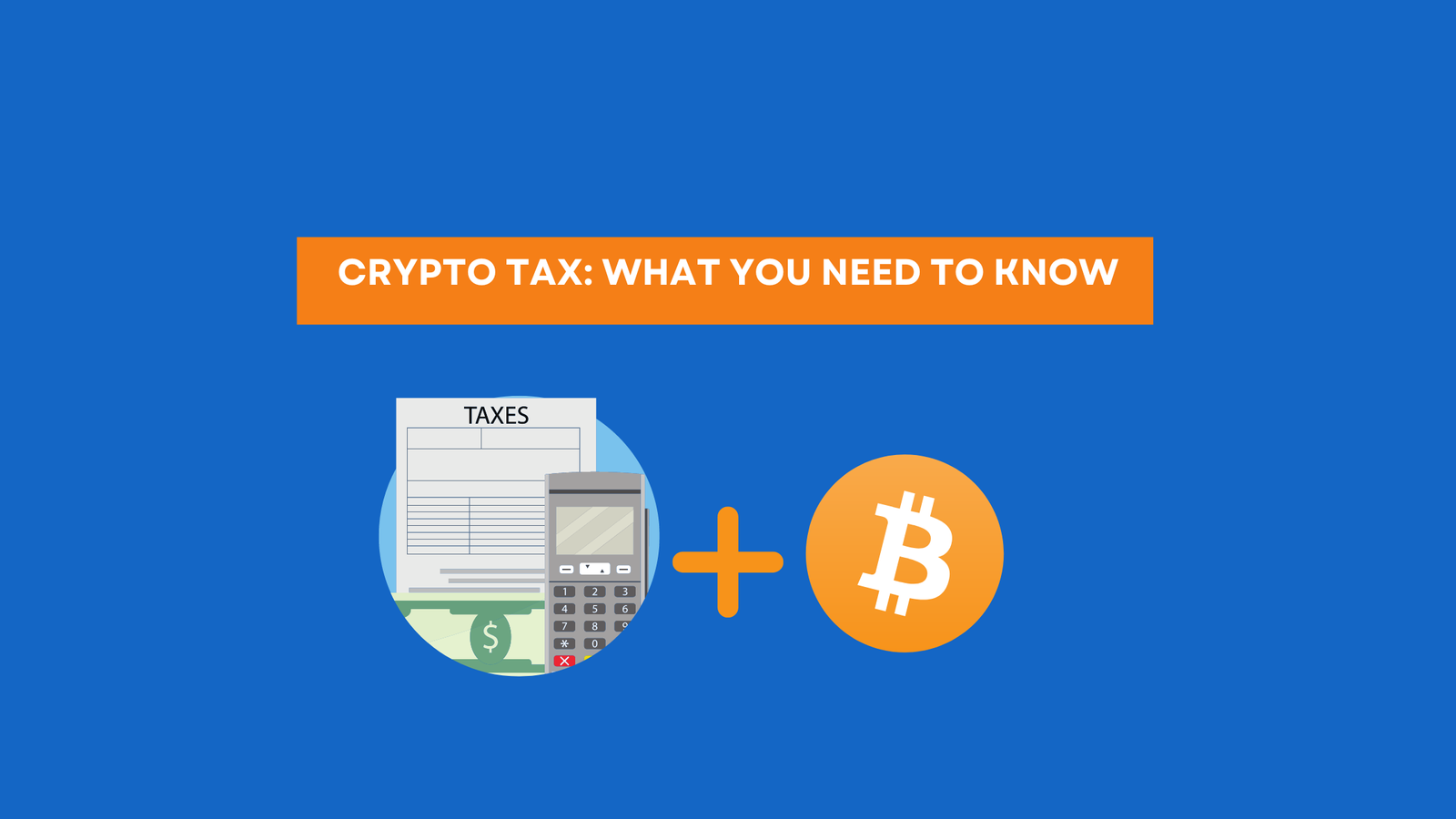
In recent years, cryptocurrencies like Bitcoin and Ethereum have surged in popularity worldwide, and Canada is no exception. As more Canadians explore the world of digital currencies, questions about their tax implications have become increasingly common. Are cryptocurrencies taxable in Canada? In this post, we will dive into the details of cryptocurrency taxation in the Great White North.
Cryptocurrency as Property
The Canada Revenue Agency (CRA) classifies cryptocurrencies as property, not currency. This means that when you acquire, hold, or dispose of cryptocurrencies, you are subject to tax rules governing capital gains and losses, similar to those applied to stocks and real estate.
1. Buying and Holding Cryptocurrencies
If you simply buy and hold cryptocurrencies in your digital wallet without selling or trading them, you are not subject to immediate taxation. It’s only when you decide to sell, trade, or use your digital assets for a purchase that tax implications come into play.
2. Capital Gains Tax
When you sell or trade cryptocurrencies, any profit made is considered a capital gain. You are required to report this gain on your annual income tax return. The capital gains tax rate depends on whether the gain is considered a short-term or long-term gain.
- Short-term Capital Gains: If you held the cryptocurrency for less than a year before selling or trading it, the profit is considered a short-term capital gain and is taxed at your regular income tax rate.
- Long-term Capital Gains: If you held the cryptocurrency for more than a year before disposing of it, the profit is considered a long-term capital gain and is subject to a reduced tax rate, typically around 50% of your regular income tax rate.
3. Reporting Cryptocurrency Transactions
It’s crucial to keep detailed records of all your cryptocurrency transactions. You must report the following information when filing your taxes:
- The date of each transaction
- The amount in Canadian dollars at the time of the transaction
- A description of the cryptocurrency involved
- The other party involved in the transaction (if applicable)
4. Cryptocurrency Mining and Staking
If you mine cryptocurrencies or earn them through staking, the value of the coins you receive is considered income and is subject to taxation at your regular income tax rate. You should report this income when filing your taxes.
5. Cryptocurrency Used for Goods and Services
If you use cryptocurrency to purchase goods or services, the transaction is treated as a disposition, and you may be subject to capital gains tax on any potential profit. This also applies if you gift or donate cryptocurrencies.
6. Keep Up with Regulatory Changes
Cryptocurrency taxation rules in Canada are still evolving. It’s essential to stay informed about any updates or changes to tax regulations related to cryptocurrencies, as they may impact your obligations and liabilities.
In Canada, cryptocurrencies are indeed taxable. However, the tax treatment depends on various factors, including how you acquire, hold, and use digital assets. To navigate the complexities of cryptocurrency taxation successfully, it’s advisable to consult with a tax professional who specializes in cryptocurrencies and stay informed about any updates to tax regulations. Ensuring compliance with these tax rules will help you avoid potential penalties and legal issues down the road.
For more updates in cryptocurrency world, subscribe to learn more on Recovery Review Insider.
PS: This is for informational purposes only and should not be considered as tax advice. Consult with a qualified tax professional for personalized guidance on your cryptocurrency tax obligations in Canada.







